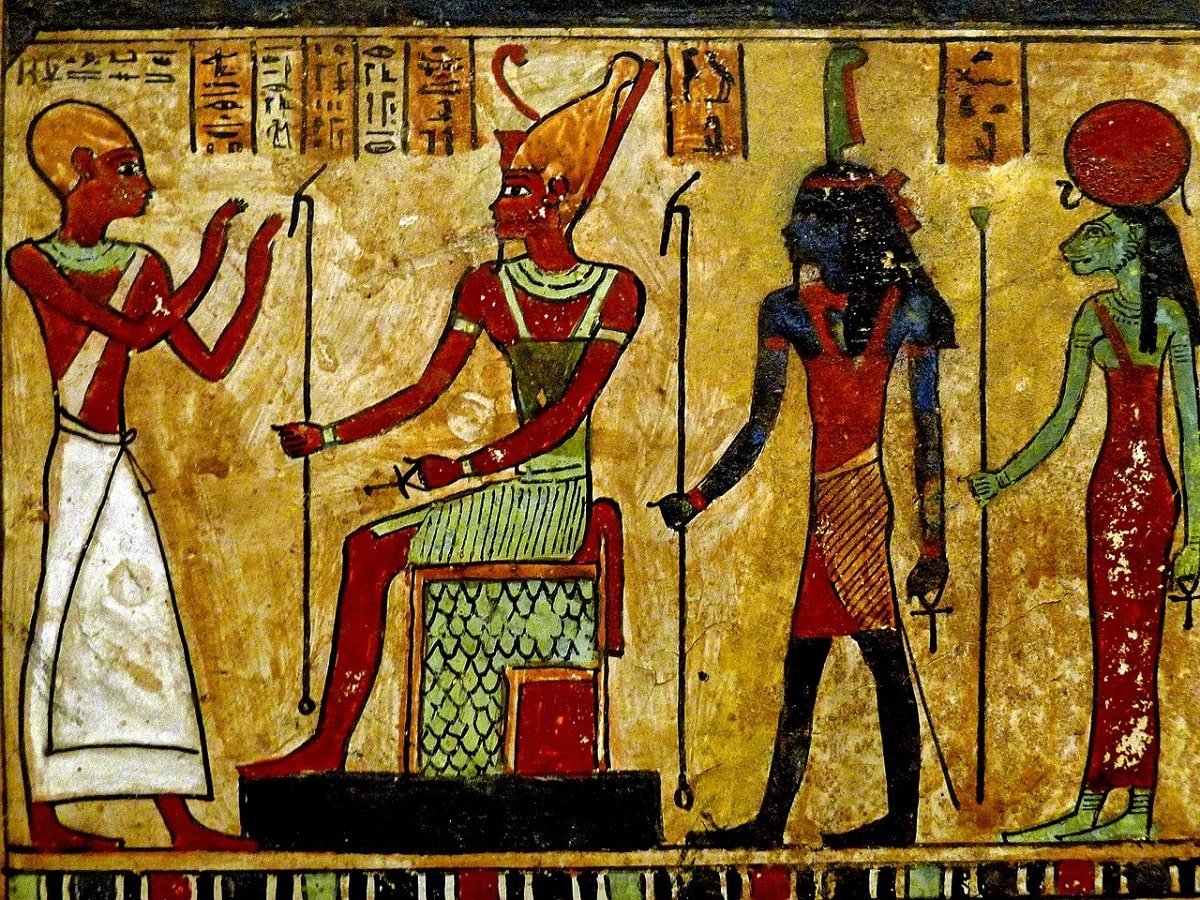
Tefnut Egyptian Goddess of Moisture and Rain History Cooperative
Tefnut is the goddess of rain, dew, and water. With the face of a lioness and sun disc on her head, Tefnut is often portrayed as a woman. She is commonly associated as the lunar goddess of humidity as well. Origins Atum-Ra created Tefnut and her brother, Shu. He would become the god of light and air. She filled the role of his consort.

egyptian goddess tefnut Artisan Crafts / Ceramics, Pottery Clay / Miscellaneous ©20102012
Tefnut (Tefenet, Tefnet) was an ancient Egyptian goddess of moisture, but was strongly associated with both the moon and the sun. She was known as both the left (moon) and the right (sun) "Eyes of Ra" and represented moisture (as a lunar goddess) and dryness (or the absence of moisture, as a solar goddess).
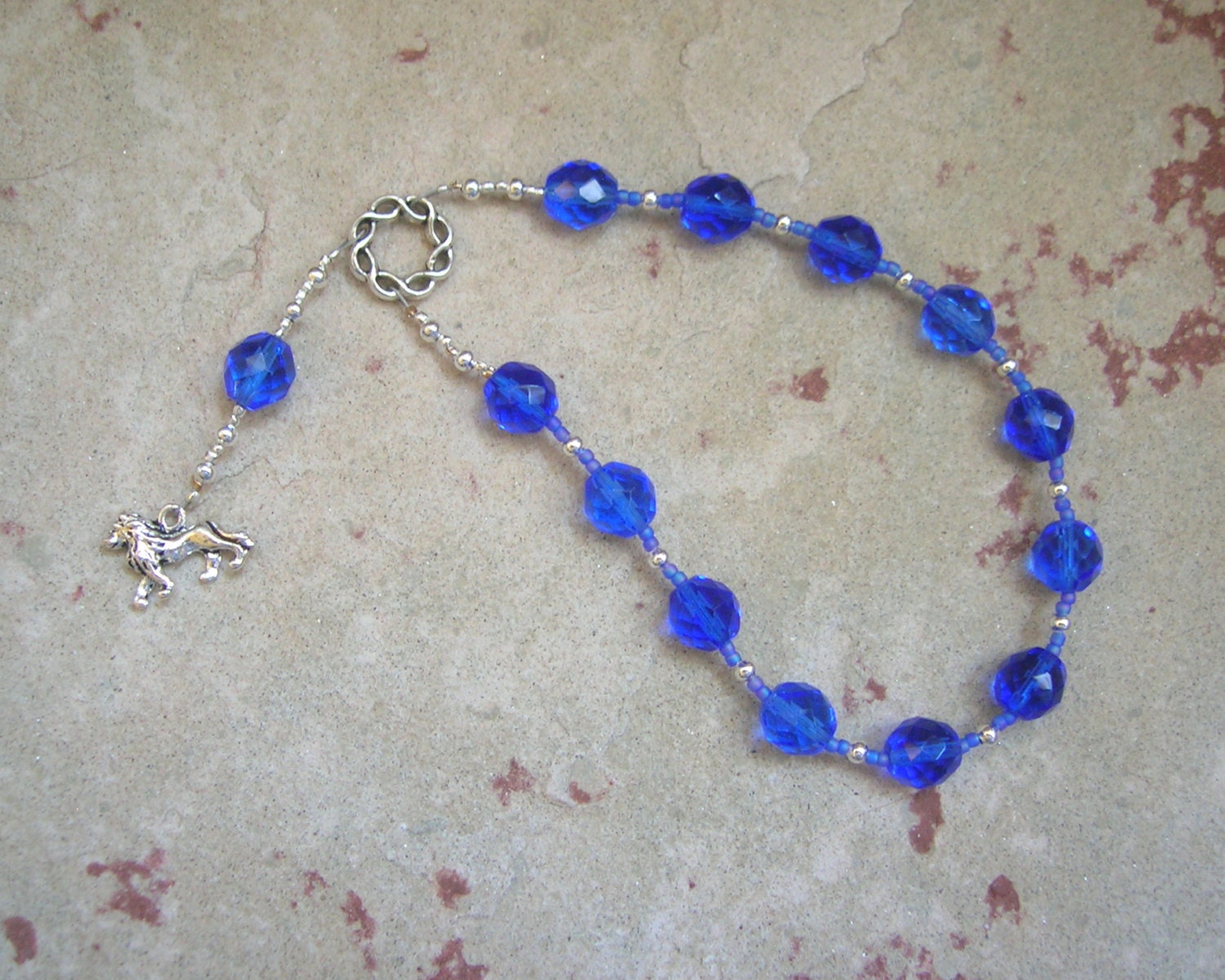
Tefnut Pocket Prayer Beads Egyptian Goddess of the Waters and
Tefnut was generally considered as an ancient Egyptian Goddess of moisture, rain and water. There were also some alternative names of Tefnut such as Tefnet, Tefenet etc. Tefnut-the-goddess-of-moisture What is the Meaning of Name Tefnut

Tefnut Egyptian Gods by Yliade ศิลปะอียิปต์, อียิปต์, อียิปต์โบราณ
In our fervor to make sense of 'tefnut egyptian god pronunciation', we may inadvertently overshoot and land in the realm of mispronunciations. This could range from incorrect emphasis on syllables, altering vowel sounds, or mispronouncing consonants. Common mispronunciations of Tefnut include 'teef-nut', 'teh-foot', and 'tay-fnot'.

Egyptian,Menat with the Heads of the Deities Shu and Tefnut Ancient egypt, Egypt art, Ancient
Tefnut, the ancient Egyptian goddess of water, was one of the most important deities in Old Egypt. One of the first goddesses to be created according to Egyptian religion, Tefnut was.

Pin on Paint Inspiration
In ancient Egyptian religion and mythology, Tefnut (also spelled Tefenet) was the goddess of moisture and rainfall. She was the twin sister and female counterpart of the air god Shu. Tefnut was an early predynastic deity and was worshiped as part of a system of gods in the ancient Egyptian city of Heliopolis.
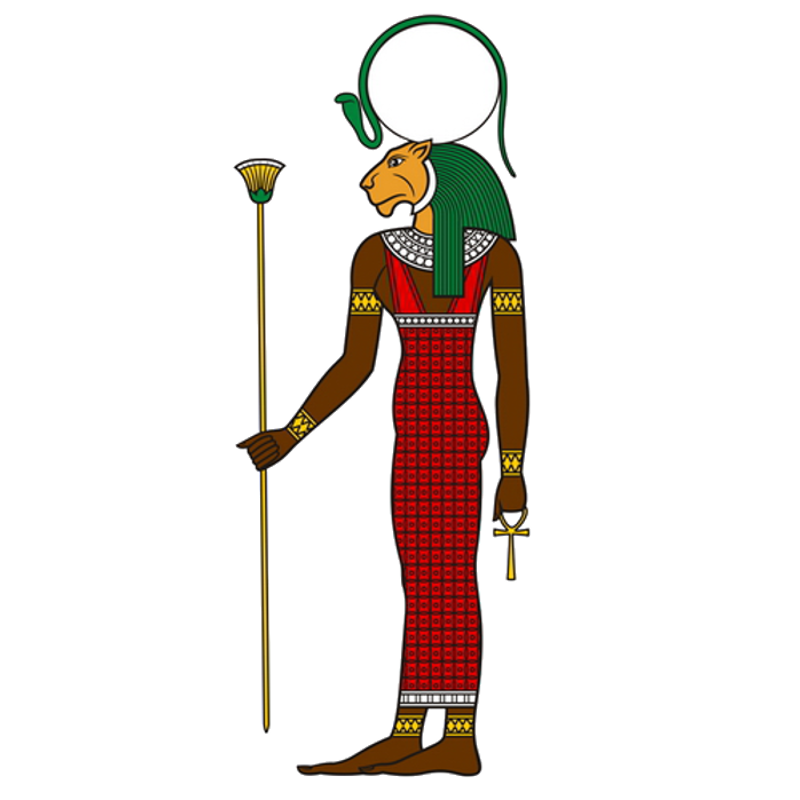
Divine powers and gods of Ancient Egypt (table) Ancient Civilizations of World
In Egyptian mythology, Tefnut was the goddess of moisture and fertility. At times, she was also regarded as a lunar warrior goddess. She was one of the oldest and most important deities, being a goddess of water and moisture in a mostly desert civilization. Let's take a closer look at her story. Who Was Tefnut?

tiocolbobam Tefnut
Other articles where Tefnut is discussed: Shu:.and his sister and companion, Tefnut (goddess of moisture), were the first couple of the group of nine gods called the Ennead of Heliopolis. Of their union were born Geb, the earth god, and Nut, the goddess of the sky. Shu was portrayed in human form with the hieroglyph of…

The Mystery Of Generations of the Heavens And Earth!!!
Tefnut is an ancient Egyptian goddess associated with moisture, rain, and water. She is part of the Heliopolitan Ennead, a group of nine deities worshipped primarily in the ancient city of Heliopolis. Tefnut is usually depicted as a woman with the head of a lioness.

The god Shu, brother of Tefnut, was the personification of the atmosphere, and his name
Tefnut (Tefenet, Tefnet) was the lunar goddess of moisture, humidity and water who was also a solar goddess connected with the sun and dryness (more specifically, the absence of moisture). She was the daughter of the creator god, mother of the twin sky and the earth deities and the 'Eye of Ra' as well as a creative force as the 'Tongue of Ptah '.

Ancient Egyptian God Tefnut
Shu and Tefnut are two of the most recognizable ancient Egyptian gods. They were born as twin siblings and were the children of the great sun god Ra. They are famously known for being the gods of air and moisture. They played significant roles in Egyptian mythology, religion, and art. The Mythical Background of Shu and Tefnut

God Tefnut Facts God of moisture, moist air, dewو rain
Unlike most Egyptian gods and goddess , including Tefnut's brother, Tefnut Goddess has no single ideograph or symbol. Tefnut's name in hieroglyphics consists of 4 single phonogram symbols t-f-n-t. Although the n phonogram is a representation of waves on the skin of water, it was never taken as an ideograph or determinative for the word water.

Topic Level 2 Audio Assignment Discussions Kemet University Egyptian Mysteries Asaru College
Tefnut in Egyptian Mythology. Unravelling the intricate threads of Egyptian mythology, we find Tefnut at the core of many narratives, wearing her distinctive headdress of a lioness and a solar disc. Tefnut's Role in the Eye of Ra Story. The Egyptian gods and goddesses were nothing if not dramatic and Tefnut was no exception.
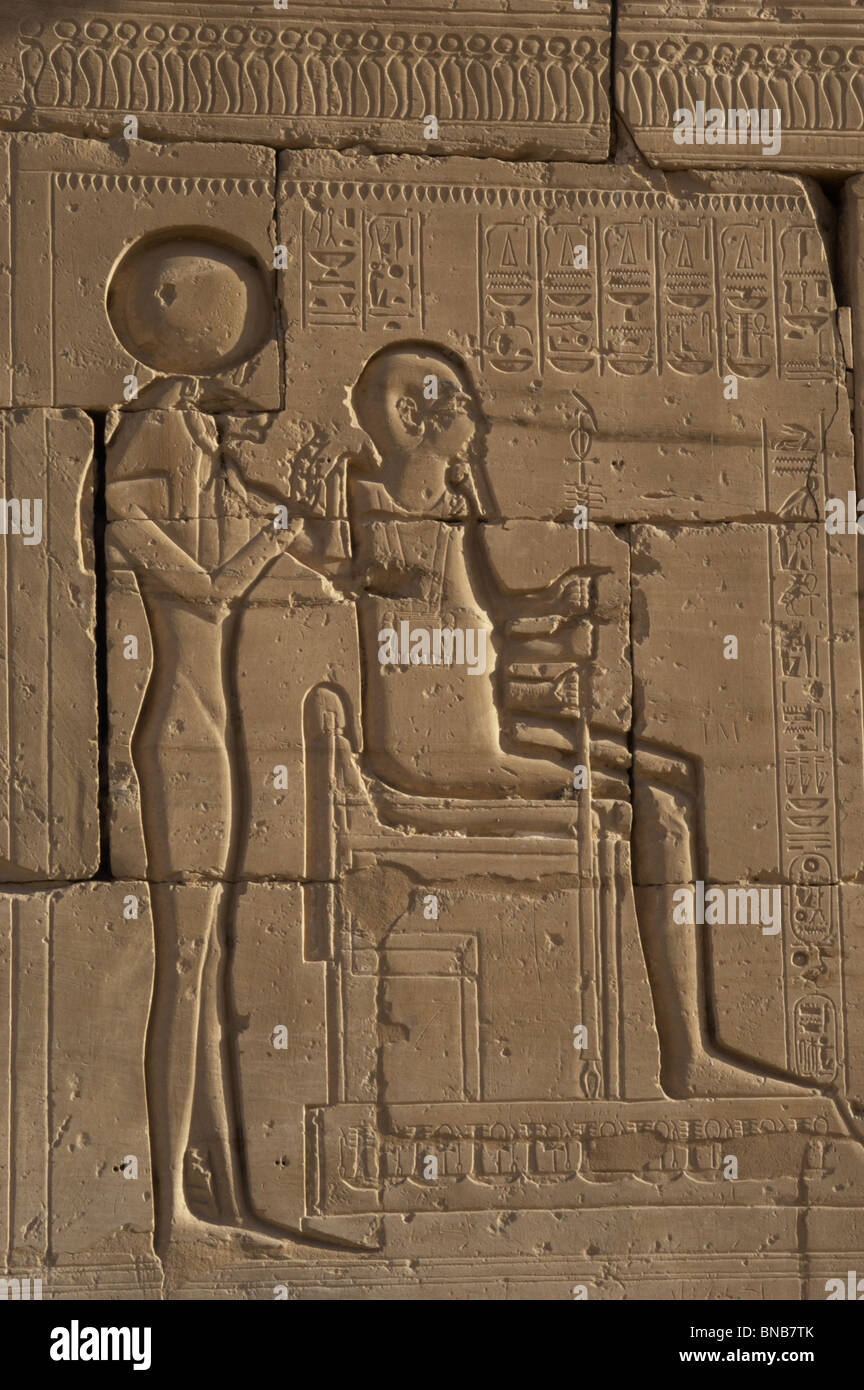
Relief depicting the goddess Tefnut (goddess lioness) and the god Ptah. Ramesseum. Egypt Stock
The Distant Goddess Myth: One of the most captivating tales in Egyptian mythology is that of the 'Distant Goddess'. Tefnut, in a moment of discord, left Egypt to reside in Nubia, plunging her homeland into drought and despair. Egypt's once-lush landscapes turned barren, signifying her absence and the dire consequences of her departure.
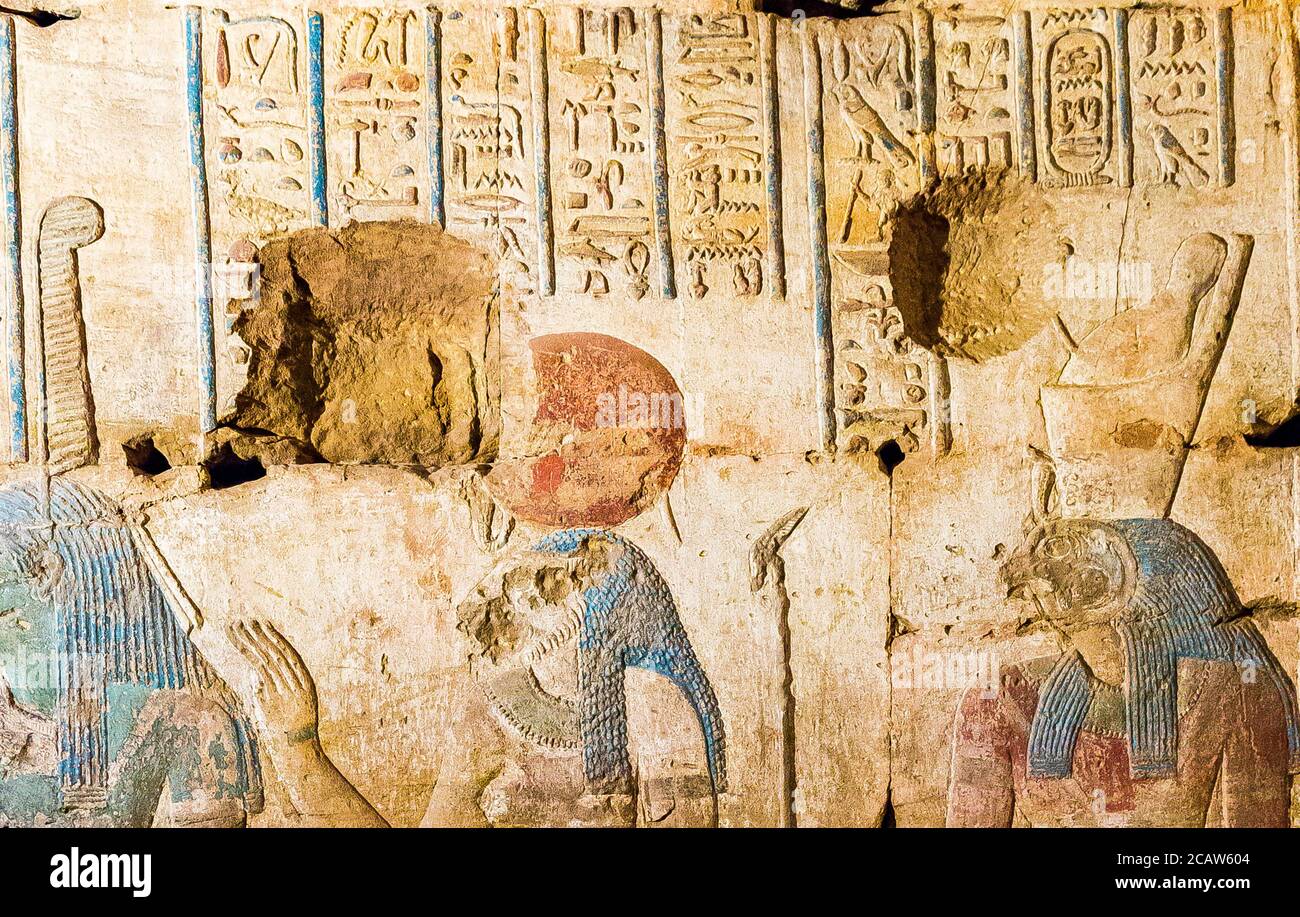
Tefnut god hires stock photography and images Alamy
[2] is a deity of , moist air, Ancient Egyptian religion She is the sister and consort of the air god The name Tefnut has no certain etymology but it may be an spits her out in some versions of the creation myth. Additionally, her name was written as a mouth spitting in late texts.

Tefnut Definition Ancient Egypt
Shu Shu, is a Egyptian god linked to peace, lions, air, and wind,. Created by Atum, Shu separates Earth and sky, embodying calm and Ma'at (balance). Depicted with an ostrich feather symbolizing lightness, he's associated with fog and clouds, earning the title of the wind. In Greek parallels, Shu aligns with Atlas.